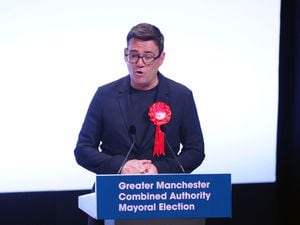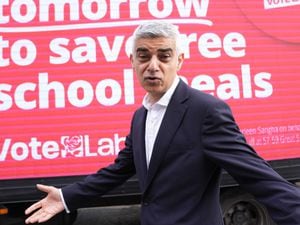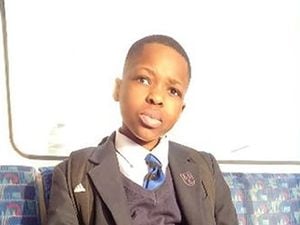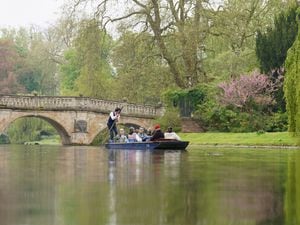Special forces had policy of killing fighting-age males, Afghanistan probe told
Afghan partner units allegedly refused to serve with UK special forces due to their behaviour, the inquiry was told.
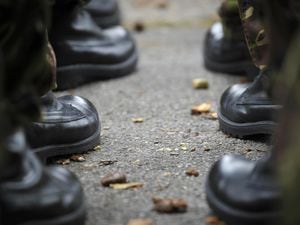
UK special forces allegedly had a policy of executing males of “fighting age” in Afghanistan in circumstances where they posed no threat, an independent inquiry has heard.
The central allegation of the probe, which will focus on alleged illegal activity in the war-torn nation between 2010 and 2013, is that special forces “abused” night raids to carry out the policy.
Counsel to the inquiry Oliver Glasgow KC said there were also claims that Afghan partner units “refused to serve with UK special forces due to their behaviour”.
Before detailing the circumstances of one alleged unlawful killing on a night raid, also known as a “deliberate detention operation” (DDO), Mr Glasgow gave a health warning of “graphic” images that would be shown to the inquiry which “could cause upset”.
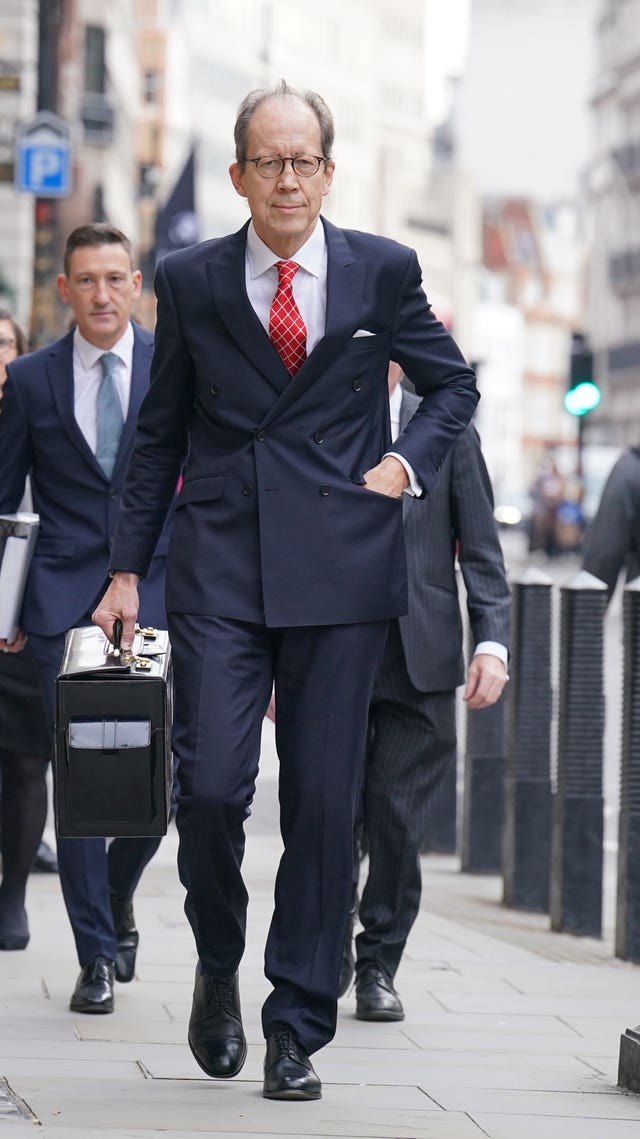
The DDO in question resulted in the death of Mohammed Ibrahim, who, the inquiry heard, worked as an Afghan government official between 2001 and 2007.
Mr Ibrahim’s family, including his son, Abdul Walli, claim he was an “innocent civilian” and “no weapons were found at the compound” when he suffered bullet and dog bite injuries.
A further DDO was then detailed by Mr Glasgow, in which nine men were killed – with their families claiming they were shot in bed, “most likely while asleep”.
Habibullah Alizai, who was the head of the family living in the compound, said he was woken by the “noise of shouting and gunshots” and that he was interrogated and beaten by soldiers during the raid.
Mr Glasgow said special forces said lethal force was used by soldiers in both DDOs “in self-defence”.
Ahead of the substantive hearings, which began at the Royal Courts of Justice in London on Monday, families who allege unlawful killings called on the probe to “provide us with the truth”.
The probe will look at allegations that “numerous” killings were carried out, as well as the alleged cover-up of illegal activity and inadequate investigations by the Royal Military Police (RMP).
It was launched in the wake of legal challenges to the Government by Leigh Day solicitors on behalf of the Saifullah and Noorzai families, as well as a number of significant media investigations.
Mr Glasgow said there were claims in a “restricted security compartment”, which were recovered years later, that there were details of a conversation with a soldier who allegedly “admitted there was a policy in special forces to kill fighting-age males”.
In his opening submissions, he said: “Let there be no misunderstanding for those who have something to hide – the inquiry will use all its powers to make sure that if there is credible information of wrongdoing … no matter how senior their position, they are referred to the relevant authorities.”
One member of the Saifullah family, who said his father, two brothers and cousin were killed during a night raid in February 2011, said since a raid by British forces, they are “having nightmares and dreams filled with difficulties”.
“My family and I request the inquiry team to provide us with the truth and explain to us why and on what basis we had to go through this cruelty,” they said.
The probe is now set to hear submissions on behalf of the families of 33 people, including eight children, who were allegedly killed by special forces.
Mansour Aziz has called on the inquiry to listen to two children who were allegedly severely injured by British forces during a night raid on his family home in August 2012.
He said: “Our house was raided by foreigners and my brother and sister-in-law were killed and their two children severely injured whilst they were sleeping in their bed.
“We want to know the truth and why it was our house that was raided. We are asking for the court to listen to these children and bring justice.”
Two RMP investigations, codenamed Operation Northmoor and Operation Cestro, are set to be scrutinised by the inquiry.
No charges were brought under Operation Northmoor – a £10 million investigation which was set up in 2014 to examine allegations of executions by special forces, including those of children.
Operation Cestro saw three soldiers referred to the Service Prosecuting Authority, but none were prosecuted.
The independent statutory inquiry was commissioned by then-defence secretary Ben Wallace under the 2005 Inquiries Act.
A Ministry of Defence (MoD) spokesman said: “The MoD is fully committed to supporting the inquiry as it continues its work.
“It is not appropriate for us to comment on allegations which may be within the scope of the statutory inquiry and it is up to the statutory inquiry team, led by Lord Justice Haddon-Cave, to determine which allegations are investigated.”

